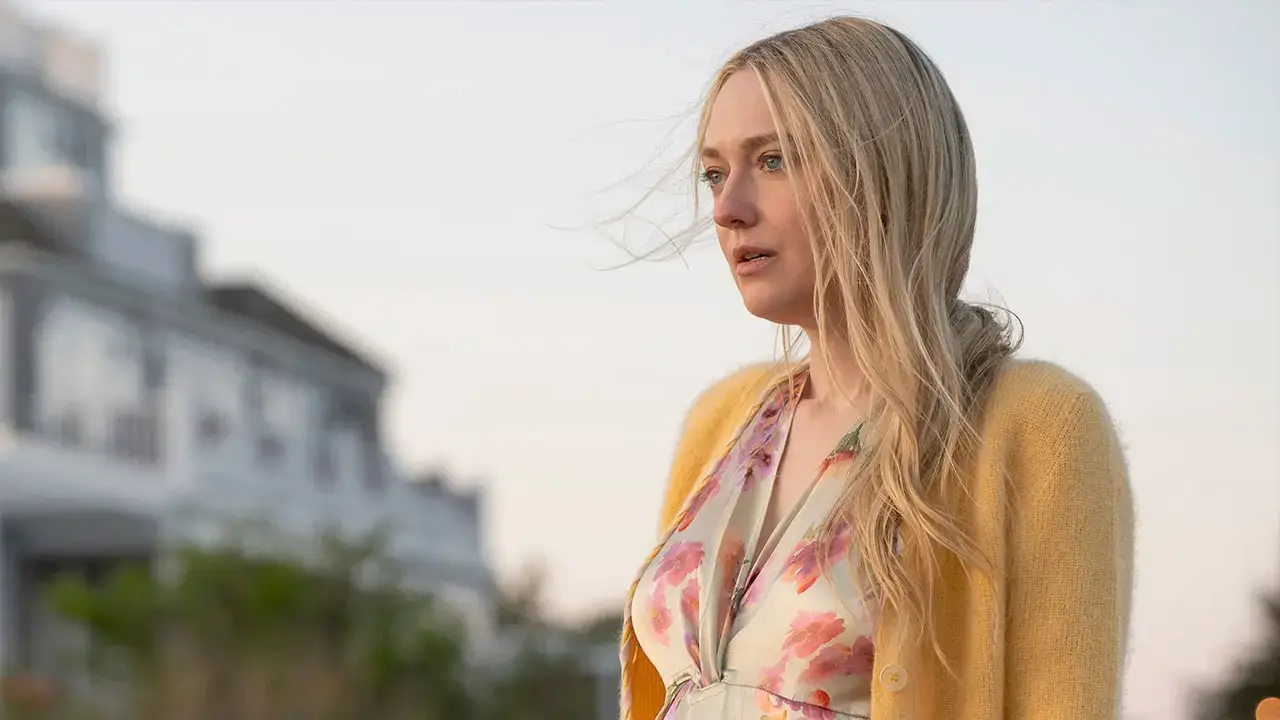
“I think that I experience things much more intensely when I’m acting. I get into the work and feel things very deeply, more so than I do in my own life.” – Laurie Metcalf
On the surface, it seems like Laurie Metcalf is undergoing something of a career resurgence — not only will she be appearing in the upcoming revival of Roseanne, but she starred in Greta Gerwig’s Lady Bird and the acclaimed Broadway play A Doll’s House, Part 2. But Metcalf has been working steadily in theater and television, no doubt because of her reputation as a hard-working and versatile actress. Speaking with Slant, Metcalf talks about what she loves most about theater acting versus acting for film and television — and why she runs her lines before every performance.
Metcalf believes that acting enables her to feel emotions and experiences on a deeper level when portraying them. She says, “I think that I experience things much more intensely when I’m acting. I get into the work and feel things very deeply, more so than I do in my own life.”
Curiously, though Metcalf is best known for appearing on Roseanne, she admits that she prefers acting without a camera. She explains, “It just makes it harder to block things out. It’s funny that I feel that way, since I’ve done so much work in movies and on television, but the camera just tenses me up. I wish I didn’t feel that way. I want to work on that, so I can get more comfortable with it.”
Nonetheless, Metcalf doesn’t want to give the impression that she’s not satisfied with working in film and television. She says, “I love what I do so much, and I feel so lucky to be able to do it—whether it’s film or TV or the stage. A lot of my friends in theater have burned out on it over the years, gotten tired of all the hard work, but I love it as much now as I did when I started, and I feel so lucky to be able to do it.”
And never call Metcalf anything other than a total professional. In fact, she reveals that when doing a play she runs all of her lines before every performance. She says, “I hate doing it, but I feel good when it’s done. It’s like exercising… it really does help. It’s a great vocal warm-up. Especially for a play as [verbose] as A Doll’s House Part Two, it was really important to run my lines because I needed to be able to talk so fast.”




